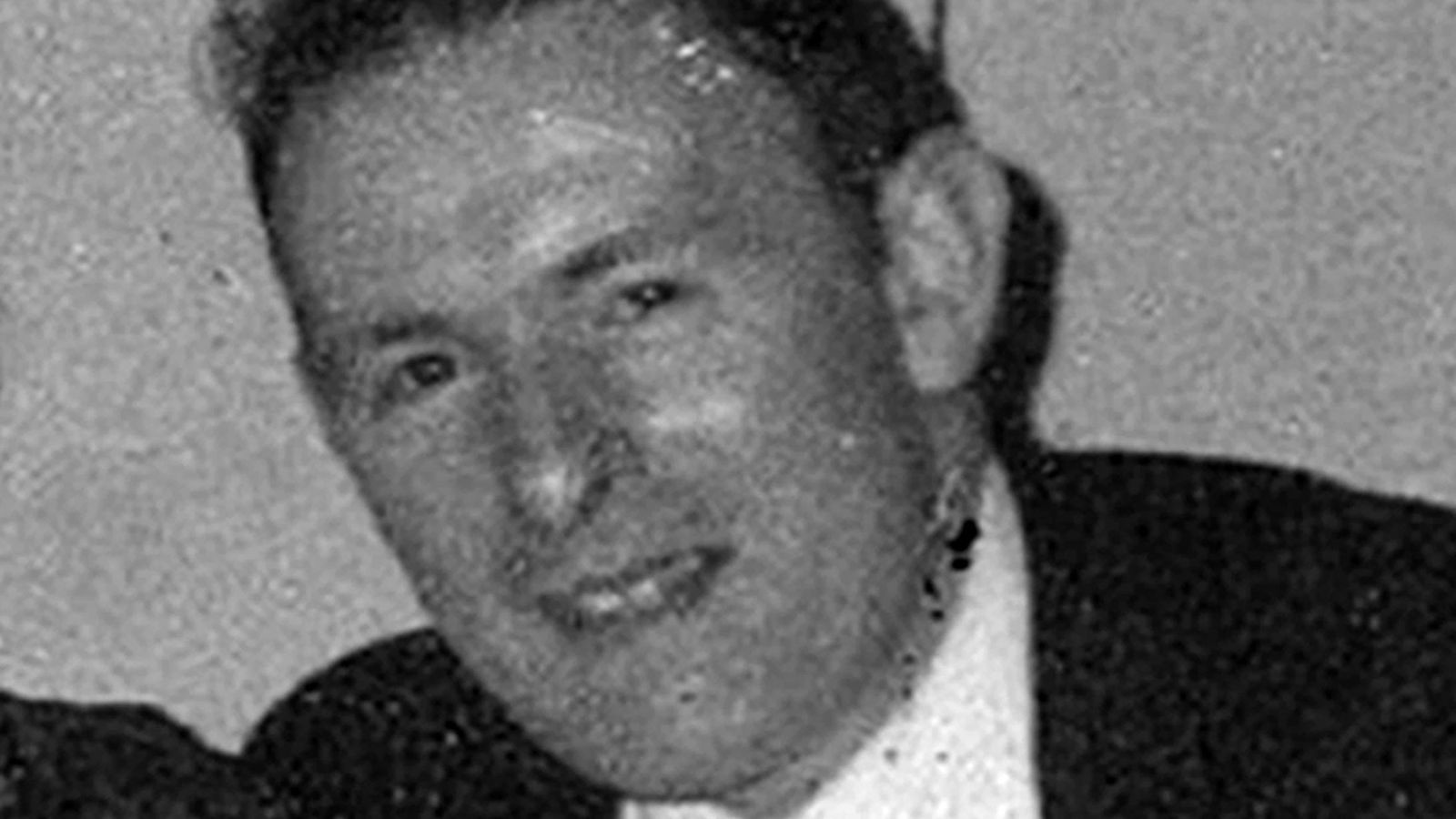A former British soldier is to be prosecuted for the murder of a man in the early 1970s, Northern Ireland’s Public Prosecution Service (PPS) has said.
Soldier F is accused of shooting 44-year-old Patrick McVeigh at the junction of Finaghy Road North and Riverdale Park South in Belfast on 13 May 1972.
He also faces prosecution for the attempted murder of four other victims wounded in the same incident.
In addition, Soldier F and three other veterans, are facing attempted murder counts connected to incidents in the same year, the PPS has said.
Soldier F and Soldiers B, C and D are to be prosecuted for the attempted murder of two people during a shooting incident in Slievegallion Drive on 12 May 1972.
They belonged to a temporary army unit known as the Military Reaction Force (MRF) which was operating in Belfast that year.
Because prosecution decisions have now been taken, these cases will not be affected by a government law, which will axe all future prosecutions related to the Troubles from 1 May this year.
UK defence: If the public wants the UK to remain powerful, voters should demand the nation can credibly defend itself against threats
British Army ‘may have no choice’ but to enlist citizens as country ‘not ready’ for Russian threat, says former colonel
Is conscription coming back? How it’s been used in previous wars – and what a UK ‘citizen army’ would involve in future
The PPS has made decisions on two files it received from the Police Service of Northern Ireland‘s Legacy Investigation Branch, which has been investigating the MRF.
Politics latest: Government backs Universal’s UK theme park plan
The second file looked at the actions of another MRF unit involved in an incident in which Daniel Rooney, 18, was shot dead in St James’s Road in Belfast on 26 September 1972 and a second man suffered a gunshot wound.
Police reported two former soldiers known as A and C for consideration on that file – on potential charges of murder and attempted murder.
Insufficient evidence
There is insufficient evidence to prosecute any individual for any offence, the PPS has concluded.
There were difficulties with the admissibility of accounts obtained from the soldiers in 1972, while recent forensic examinations did not resolve evidential conflicts.
Regarding other incidents covered in the first file, the PPS also decided not to prosecute the one surviving suspect in connection with a shooting at Silvio Street on 26 May 1972 in which no one was injured.
Prosecutors also decided not to prosecute one surviving suspect regarding an incident at the Glen Road Bus Terminus on 22 June 1972, in which four victims suffered gunshot wounds.
Suspects deceased
In addition, officers investigated a shooting on Glen Road on 6 May 1972 in which one victim sustained a gunshot wound. No decision was issued in that case because all the suspects are dead.
The PPS said the surviving suspects in the Silvio Street incident and the shooting at the Glen Road Bus Terminus had not discharged their weapons.
It said there was insufficient evidence to establish they were party to any joint enterprise with those soldiers, now deceased, who had fired.
Read more:
John Caldwell: Man arrested over attempted murder of police detective
Irish government challenges UK’s NI Legacy Bill
Irish unification referendum ‘by 2030’
Martin Hardy, PPS assistant director, said all victims and families had been informed of the decisions.
“We in the PPS recognise this is a painful day for all victims and families involved and that they have waited a long time to reach this stage of the process,” he said.
“Where a decision to prosecute has been taken, I would emphasise that criminal proceedings will commence in due course and there should be no reporting, commentary or sharing of information which could in any way prejudice these proceedings. We will keep in touch with the relevant victims and families as these cases progress.”
Be the first to get Breaking News
Install the Sky News app for free
He added: “Where a decision not to prosecute has been taken, I can assure victims and families involved that the prosecution team, which included an independent senior barrister, considered the available evidence thoroughly, independently and impartially.
“A prosecution can only be brought when the evidence presents a reasonable prospect of conviction at court for any reported individual. Each case is considered in light of its own individual facts and circumstances.”








